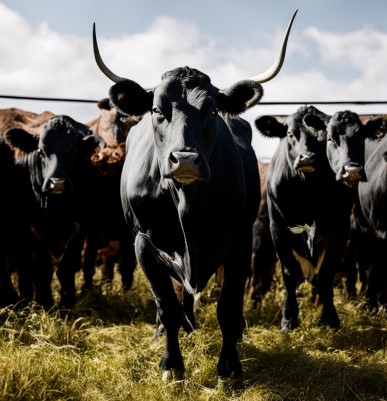Mexico aims to reopen US border to livestock exports by November

Sheinbaum explained at her press conference at the National Palace that the Ministry of Agriculture and Rural Development (SADER) is in direct talks with its counterpart in Washington to shorten the deadline set by the US in response to the meatpacking threat.flies .
"The US Department of Agriculture suggested November, but Sader is cooperating with them (...), so it could happen earlier," the Mexican president said.
Sheinbaum emphasized the importance of this process through programs to increase domestic production, as the closure directly impacts livestock producers in the country's northern states, whose economies rely heavily on the sale of live cattle to the U.S. market.
Mexico is one of the major suppliers of live cattle to the United States, with exports exceeding one million heads per year.
According to the National Agricultural Council (CNA), the industry's losses to date are estimated at $1.3 billion. The council reported that at least 650,000 head of cattle have been disrupted in Mexico's northern neighbor due to plant closures caused by the spread of the blowfly in southeastern Mexico.
At the same time, Sheinbaum explained that her government had developed a support plan to mitigate the economic impact of the shutdown, which has been in place since early July.
"This is essentially their long-standing request. Instead of exporting, they want to produce in Mexico, especially now, with the border closed," she said.
The program, initially targeting cattle ranchers in Sonora, Coahuila, and Durango, includes resources totaling 2.181 billion pesos (approximately US$109 million), of which nearly US$600 million (US$30 million) will be provided directly by the federal government as a non-repayable investment.
The rest will come from state contributions and loans for animal feedlots and construction of production centers.
Sheinbaum announced that loan distribution would begin next week and emphasized that the goal is to promote self-sufficiency in national meat production.




























































